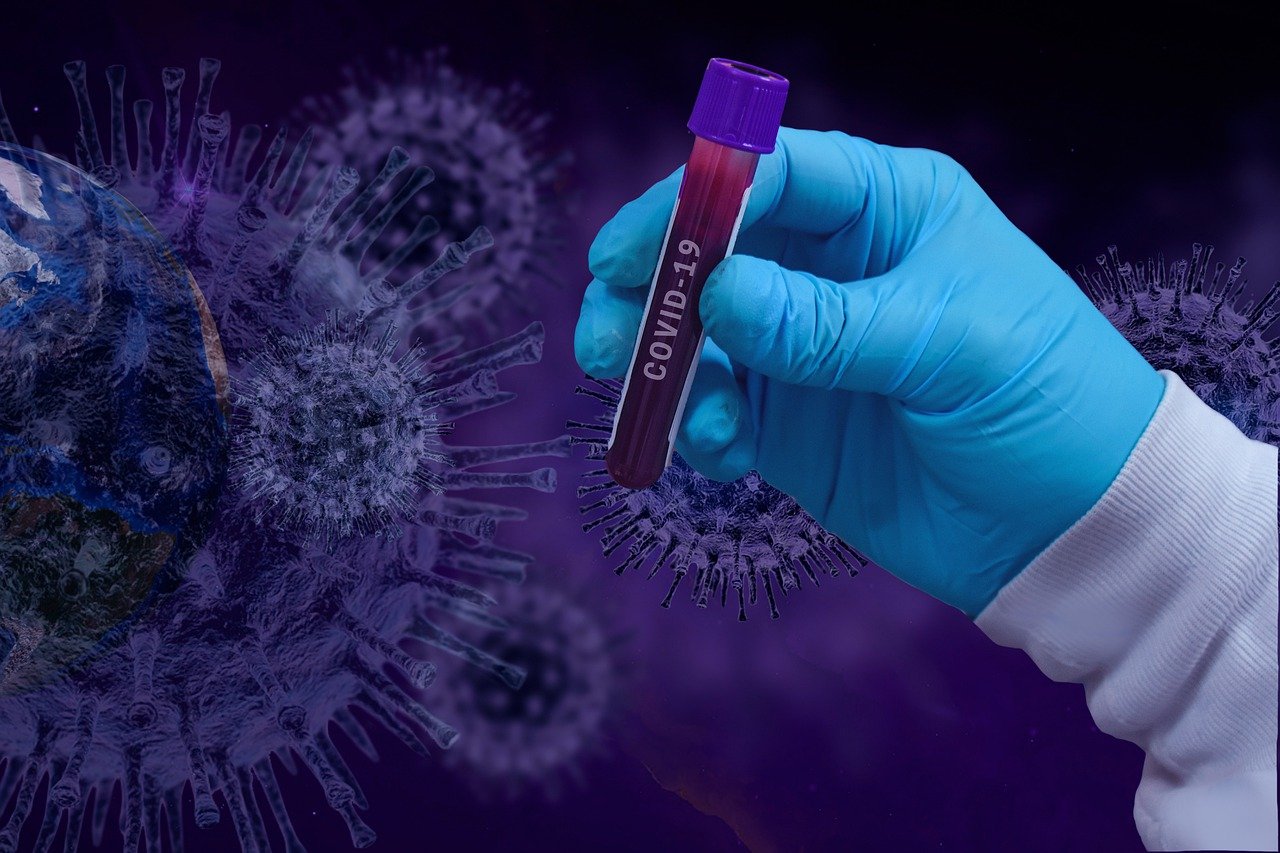The official end of the nation’s Covid public health emergency on Thursday means that the country will begin to treat Covid-19 like any other transmissible disease, meaning the end of federal funds for free testing and treatment for all.
In New York City, the rollback of the public health response has been underway for months. Mobile test-to-treat vans have already closed up shop. On Thursday, the city’s at-home vaccination program will end.
But for many people, some free Covid-related services will continue, at least in the short term.
The city will keep distributing free home tests at libraries and other locations until its supply from the federal government runs out. The city’s public hospitals and clinics will continue indefinitely to provide low-cost or free care to the estimated 200,000 uninsured people in the city, as it does for other illnesses.
“Covid-related health care is going to start looking a lot more like all the other health care we receive, which involves health insurance for people who have it, and turning to our safety-net health care system for people who don’t,” said Rima Oken, director of policy for the New York City Health Department’s disease control division, at a panel hosted last week by the Pandemic Response Institute.
Here are more details:
Vaccines will remain free for nearly all New Yorkers.
For people with insurance, including Medicaid and Medicare, vaccination is still expected to cost nothing for patients even after vaccines enter the commercial markets this fall, because preventive services are covered under the Affordable Care Act. But be careful to follow your health insurance’s requirements, as you would with any other care, to avoid out-of-pocket costs.
For people without insurance, there is an existing federal program called Vaccines for Children to help make sure children without insurance are vaccinated. The federal government has also announced a “bridge access program” to help pay for vaccines for uninsured adults. But the city doesn’t yet have the details on how that program will work, Ms. Oken said.
New York City will continue to maintain its Vaccine Finder website to help people search for vaccination sites by location, vaccine type and age group. The city’s public hospitals will also continue to provide vaccinations regardless of immigration or insurance status.
“The city’s working hard to make sure that across vaccination, testing and treatment, that we have the resources available for New Yorkers to not experience major shifts in care and major barriers to care,” said Dr. Ashwin Vasan, the city’s health commissioner.
Coronavirus testing will be harder to access.
With the end of the emergency, people needing home tests or tests at a doctor’s office may now have to pay a co-payment or even full price. Medicaid, however, has announced that it will pay in full for over-the-counter tests and office-based testing, at least through September 2024.
While for-profit testing tents that charge a fee or bill your insurance still dot some city sidewalks, most of the city-run free testing sites have already wound down, replaced with distribution sites for at-home tests. Testing is still available through the public hospital system. And four of the Health Department’s Covid Express testing sites, which offer free rapid PCR testing, remain open.
Paxlovid, the Covid anti-viral, can still be prescribed virtually.
Covid-19 treatment can greatly lower the risk of hospitalization and can be lifesaving, especially for those at high risk for severe disease. If you test positive on a home test, you can get Paxlovid and other treatments by calling your doctor or by calling the city’s hotline, 212-COVID-19, to arrange a virtual visit with a provider. The federal government also has a Test to Treat locator tool to find places that test for the virus and provide the drug.
The city has said it will not charge for Paxlovid until its federal supply runs out. After that, it will bill insurance like it would for any other treatment.
Not much will change regarding charges for hospitalization and outpatient visits, which are already subject to co-payments. As with other conditions, city residents who are ineligible for insurance because of their immigration status can enroll in NYC Care for low-cost or no-cost health care services.
Long Covid care centers will remain open.
For people who haven’t fully recovered from Covid, the city hospital system offers three centers that focus on long Covid treatment, in the Bronx, Queens and Brooklyn. Appointments can be made by calling 212-COVID-19. Other hospital systems have also set up long Covid centers, including Mount Sinai and NYU Langone Health. There are no easy answers for long Covid sufferers, but rehabilitation can help. Coverage will go through insurance as before.
There will be less information about how much virus is around.
New York City will continue to track Covid-19 vaccinations, variants and cases. However, there may be reduced frequency of reporting to the public, and data may be less complete, following national trends, Ms. Oken said. The city will also continue to monitor hospitalization data, wastewater testing, and data from other states and countries to look out for spikes and new threats.

